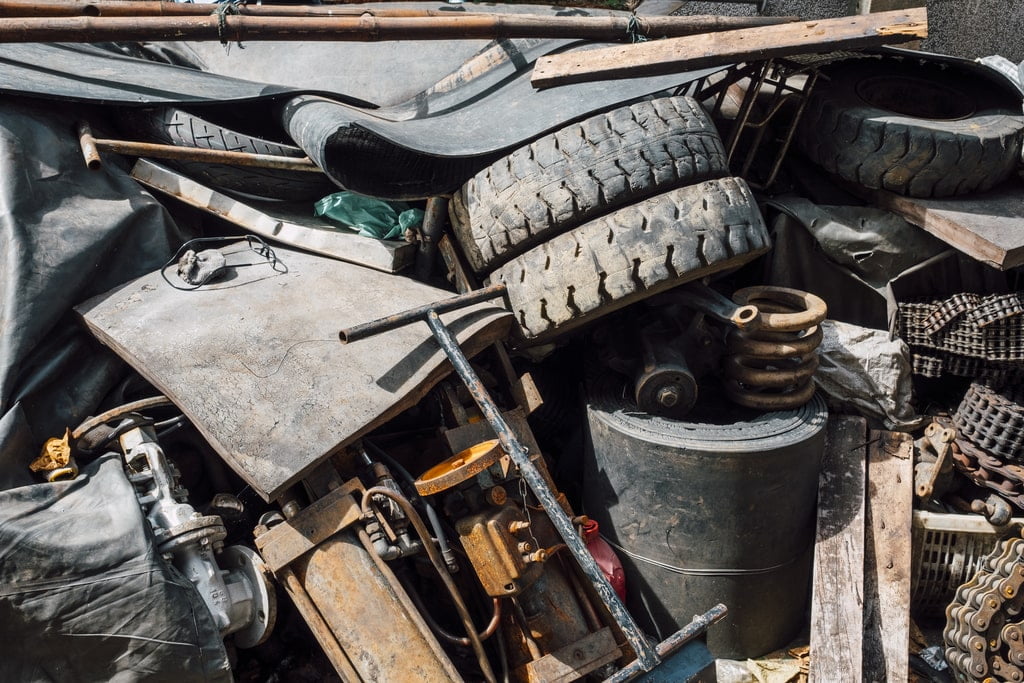
Recycling Decontaminated End-of-Life Vehicles (ELVs) is an essential process for environmental sustainability and responsible resource management. At Erecycling, we are dedicated to turning waste into valuable resources through advanced recycling practices. In this article, we will explore how decontaminated ELVs are recycled and why it is crucial to carry out this type of recycling.
End-of-Life Vehicles (ELVs) are those that have reached the end of their useful life and cannot be repaired or reused. The decontamination of ELVs is a critical step before recycling, as these vehicles contain hazardous substances such as oils, brake fluids, coolants, and batteries that can be harmful to the environment and human health if not handled properly.
The decontamination of ELVs involves several meticulous steps to ensure that all hazardous materials are safely removed. This process includes:
Once an ELV has been decontaminated, it can be safely and efficiently recycled. The ELV recycling process involves several key stages:
In this phase, the vehicle is dismantled and its components are separated into different categories. Metallic, plastic, and glass parts are classified for further processing. This step is crucial to maximise material recovery and minimise waste.
Both ferrous and non-ferrous metals are recovered through shredding and magnetic separation processes. This material can be melted down and reused in the manufacturing of new products, reducing the need to extract virgin raw materials.
Plastics and glass are also recycled through specific processes. Plastics are cleaned, shredded, and converted into granules that can be used to manufacture new products. Glass is crushed and melted to produce new glass items.
Recycling decontaminated ELVs has multiple benefits for the environment and society:
Decontaminating and recycling ELVs prevents hazardous substances from leaching into the soil and water, thereby preventing pollution and protecting ecosystems and public health.
Recovering valuable materials from vehicles reduces the need to extract new natural resources. This helps conserve raw materials and reduces the environmental impact associated with their extraction and processing.
Recycling materials requires less energy than producing new materials from virgin resources. This translates into a significant reduction in CO2 emissions, helping to combat climate change.
Recycling decontaminated ELVs is an essential component of the circular economy, where materials are reused and recycled instead of being discarded. This is not only beneficial for the environment but also creates jobs and fosters innovation in recycling technologies.
People often wonder how ELV decontamination is carried out and why it is so important. What are the specific steps to ensure that all hazardous materials are safely managed? Proper decontamination and recycling of ELVs not only protect the environment but also recover valuable resources that can be reused in new products.
At Erecycling, we are committed to safe and efficient recycling practices. Our goal is to minimise environmental impact and promote a sustainable circular economy. We invite you to learn more about our services and join our efforts to create a cleaner and greener future.